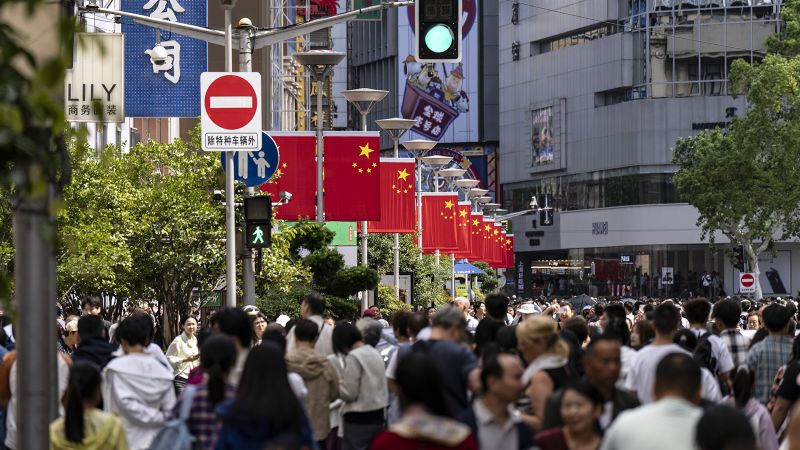After enduring four difficult years, Francis Lun, who operates a small brokerage in Hong Kong, found relief in the soaring stock market. The city’s Hang Seng Index had been steadily declining since the beginning of 2020 due to economic challenges and pandemic-related restrictions. However, in late September, China’s leaders announced measures to support the struggling economy, resulting in a significant rally of over 18% in the stock market. While these stimulus measures should have been implemented sooner, Lun and others in the financial sector are beginning to see an improvement in business activity.
The focus of the announced measures has primarily been on monetary policy, with limited fiscal measures being unveiled. Economists are concerned about the lack of consumer confidence and the need for more aggressive fiscal policies to address the crisis and reflate the economy. Prominent figures like Ray Dalio have suggested that China may need to do more than what has already been announced, with expectations of additional policies being revealed by the National Development Reform Commission in the near future. The effectiveness of these policies in boosting the economy and aiding the real economy remains to be seen.
The joint press conference held by China’s top financial regulators signaled a significant shift in policy transparency and decisiveness by the government. The announcement included interest rate cuts, changes to reserve requirements for banks, and support for the property sector through mortgage rate reductions. While the press conference was seen as unusual, it indicated that more measures could be on the way to stimulate the economy. Expectations are high for a significant fiscal spending package that will directly impact consumer products and large construction projects.
China is planning to issue special sovereign bonds to further stimulate the economy, with funds allocated for consumer subsidies, business equipment upgrades, and child allowances. Economists believe that the government has the capacity to undertake more ambitious fiscal measures to address the economic challenges at hand. Some experts have proposed issuing long-term government bonds to fund essential infrastructure projects that private companies are unable to finance. The potential impact of a significant fiscal package on the economy could be substantial, but it remains to be seen if such plans will materialize.
Former government official Jia Kang has suggested issuing up to 10 trillion yuan in long-term government bonds to fund necessary infrastructure projects. This proposal is seen as a way to stimulate investment in areas that private companies cannot support. While similar measures were taken during the global financial crisis in 2008, analysts are cautious about the potential impact of such a large fiscal package. The need to address oversupply in the property market and sustain economic recovery remains a key focus for policymakers. The success of these stimulus measures will be crucial in determining the future trajectory of the Chinese economy.













